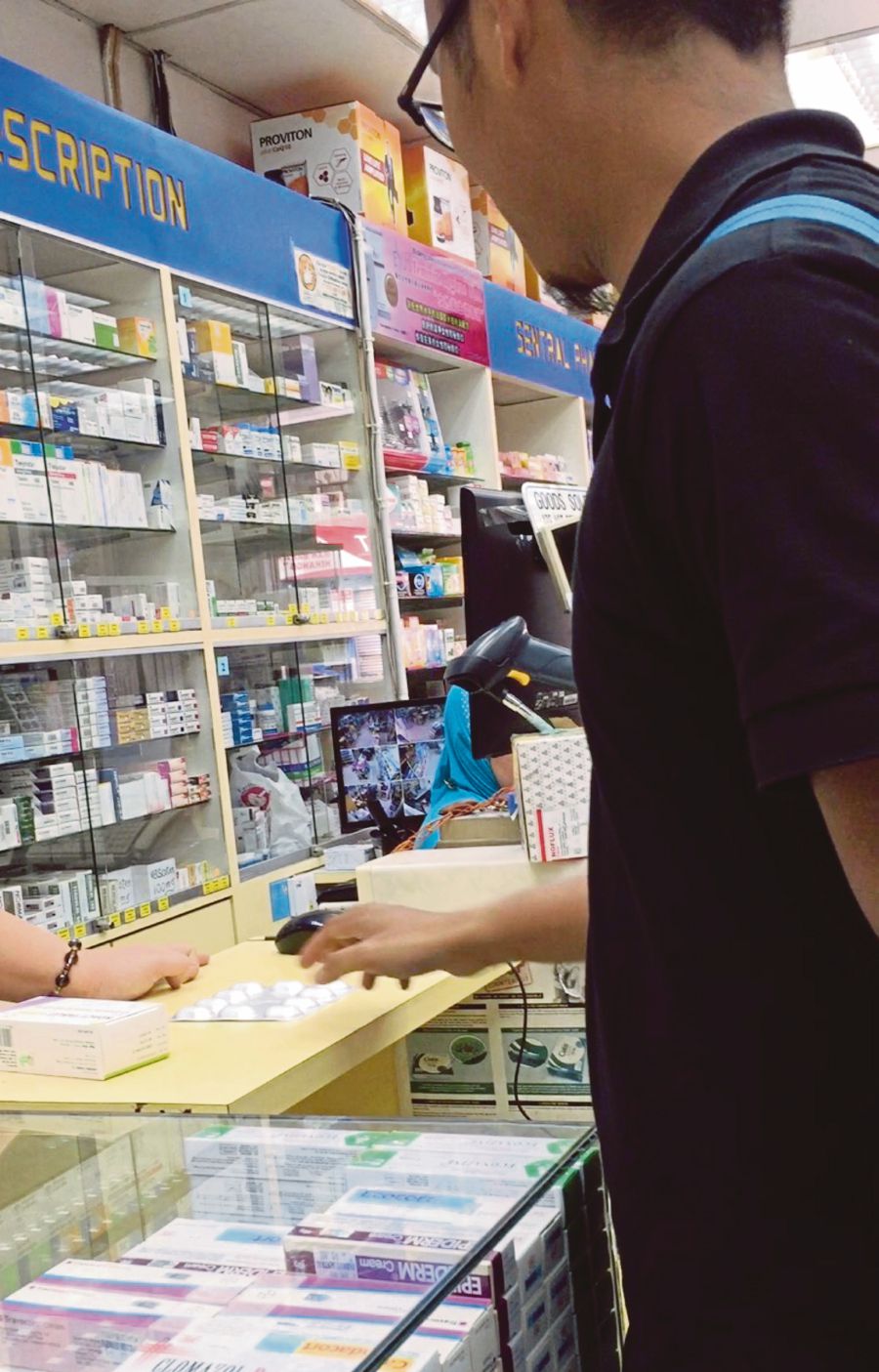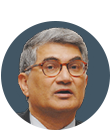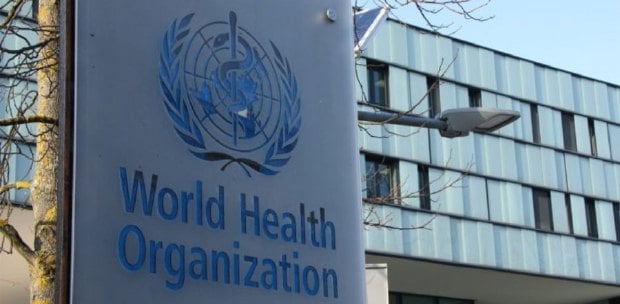SUNDAY, Nov 19th saw the culmination of probably the most important global health awareness campaign in recent decades. This follows a week of healthcare policy, educational and community-based activities centred on World Antibiotic Awareness Week (Nov 13 to 19). The message was simple: “Seek advice from a qualified healthcare professional before taking antibiotics.”
The rationale behind the campaign is the growing incidence of anti-microbial resistance; in everyday language, resistance to common antibiotics — which is already prevalent in certain strains of diseases such as malaria, tuberculosis (TB), pneumonia, hepatitis, MRSA (Methicillin-resistant Staphylococcus aureus), sexually transmitted diseases (STDs) and salmonellosis.
Antibiotics are medicines used to prevent and treat bacterial infections. Antibiotic resistance occurs when bacteria change in response to the use of these medicines which leads to higher medical costs, prolonged hospital stays and increased mortality.
However, the under-funding of research and development (R&D) into new antibiotics, partly because they are not a big cash cow for pharmaceutical companies, and developing new types of antibiotics is complex and costly, is as big a challenge as their abuse.
Antibiotic abuse and resistance affect all countries irrespective of affluence, the quality of medical care and level of development. This is because bacteria, not humans or animals, become antibiotic-resistant. These bacteria may infect humans and animals, and the infections they cause are harder to treat than those caused by non-resistant bacteria.
In Malaysia, according to the World Health Organisation (WHO) data for 2015, the incidence of TB is 89 per 100,000 population, HIV (0.27), malaria (1.9) and hepatitis B (99). The UN’s Sustainable Development Goals for global healthcare has set a target of 3.3 per 100,000 population for the diseases by 2030.
The discovery of antibiotics is one of the most significant medical achievements of the 20th century. Antibiotics have saved millions of lives and enabled important medical procedures, including surgery and chemotherapy, and prophylaxis in the treatment of auto-immune disease, where the body’s immune system attacks its own organs.
But, the emergence and spread of superbugs and resistance to normal antibiotics in all geographical areas is seriously jeopardising the effectiveness of these life-saving treatments. In a recent report, WHO warned that “very high rates of resistance have been observed in bacteria that cause common healthcare associated and community-acquired infections (e.g. urinary tract infection and pneumonia) in all WHO regions. There are significant gaps in surveillance, and a lack of standards for methodology, data-sharing and coordination”.
In 2015, WHO, in cooperation with the Food and Agriculture Organisation of the United Nations and World Organisation for Animal Health (because antibiotics are being overused in humans and animal husbandry), launched the Global Action Plan on anti-microbial resistance as a high priority with five strategic objectives — to improve awareness and understanding of anti-microbial resistance, to strengthen surveillance and research, to reduce the incidence of infection, to optimise the use of anti-microbial medicines, and to ensure sustainable investment in countering anti-microbial resistance.
This plan further encapsulates four initiatives, which include World Antibiotic Awareness Week; The Global Antimicrobial Resistance Surveillance System that supports a standardised approach to collection, analysis and sharing of data to inform decision-making, drive local, national and regional action; Global Antibiotic Research and Development Partnership that encourages R&D through public-private partnerships; and the Interagency Coordination Group on Anti-microbial Resistance.
IACG was set up by the UN secretary-general to improve coordination between international organisations and to ensure effective global action against this threat to health security.
The above initiatives at best are works in progress and are heavily dependent on funding and collaboration. Their efficacy and impact will also be correlated to government policies. In many countries in Asia, Africa and Latin America, the use of antibiotics is not regulated and it is easy to buy them over the counter without a doctor’s prescription.
Lack of public awareness about the nature and efficacy of antibiotics is also an impediment. Many people believe that antibiotics are effective against the common cold or flu, but they are not.
The advent of social media and the Internet has also fast tracked the sale of unauthorised and unregulated antibiotics, which are often adulterated or fake, posing risk to users. The livestock industry, too, has been overusing antibiotics in animals to fatten them and prevent diseases even in healthy ones. Some European countries have banned seafood imports, especially prawns, from some south Asian countries because they are injected with antibiotics.
Resistance is a natural phenomenon, and it is inevitable that it will develop to all antibiotics over time. Reducing the impact and limiting the spread of resistance is a vital priority not only for the general populace, but also for patients who depend on antibiotics for prophylaxis (prevention) and as a rescue pack because of infection risk due to severe immune suppression.
Responsible antibiotic use is not only vital for the future of global health, food security, and development, but also for the most vulnerable in society — the elderly, and those afflicted with serous illnesses, especially auto-immune disease.
We would ignore the scope of antibiotic resistance at our peril. All governments need to have robust national, regional and global action plans in place.
Mushtak Parker is an independent London-based economist and writer. He can be reached via [email protected]






